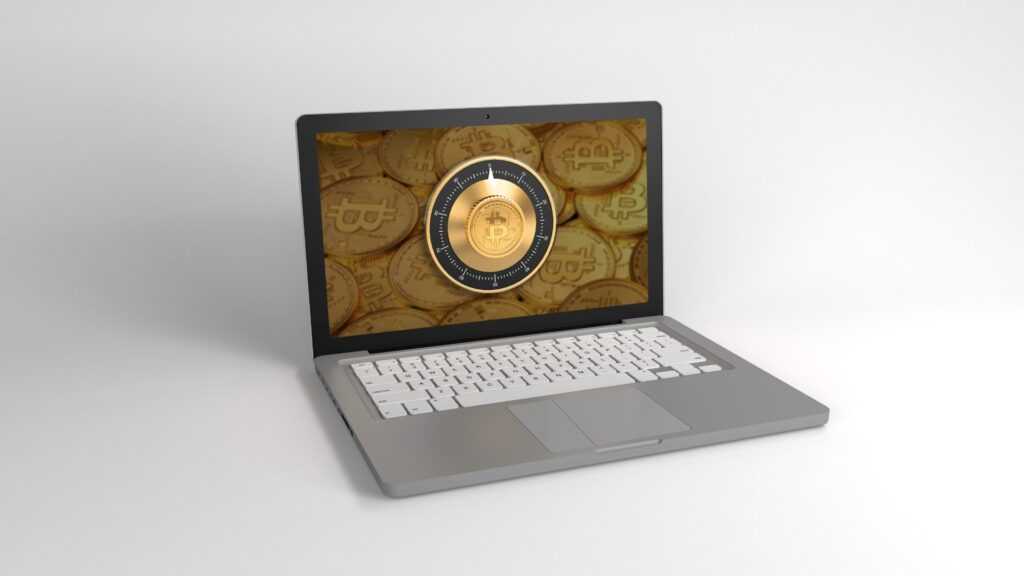What Is a Crypto Wallet?
A crypto wallet, or cryptocurrency wallet, is a digital tool designed to store, manage and transact cryptocurrencies like Bitcoin and Ethereum. Crypto wallets play a vital role in the realm of digital assets, offering both security and convenience.
Types of Crypto Wallets
Crypto wallets come in different forms, each with unique features.
- Hardware Wallets: Devices like the Ledger Nano S and Trezor provide offline storage, enhancing security by keeping private keys disconnected from the internet.
- Software Wallets: Applications such as Exodus, Trust Wallet, and MetaMask offer accessibility through mobile or desktop platforms. They’re convenient but require robust security measures.
- Paper Wallets: Physical documents containing private and public keys. They’re secure against online threats but vulnerable to physical loss or damage.
- Web Wallets: Online services like Coinbase and Binance offer easy access but entail higher risk due to internet connection.
Importance of Crypto Wallets in Digital Transactions
Crypto wallets ensure secure handling of digital currencies. They encrypt users’ private keys, keeping their assets safe from cyber threats.
By providing a secure environment for transactions, wallets instill confidence among users when transferring cryptocurrencies. Moreover, wallets streamline transactions by offering quick access to digital assets, making them indispensable for anyone involved in the crypto market.
How Does a Crypto Wallet Work?
A crypto wallet works by managing and securing digital assets through encryption. It uses public and private keys to facilitate transactions.
Understanding Public and Private Keys
Public and private keys serve different roles in a crypto wallet. The public key is like an address others use to send crypto to the user. It can be shared openly.
The private key, however, remains confidential and unlocks access to the user’s crypto. Losing the private key means losing access to the assets.
Transaction Process Simplified
When transacting, the user sends crypto from their wallet using the recipient’s public key. The wallet creates a digital signature from the user’s private key, ensuring its authenticity. The transaction gets verified by the blockchain network, confirming ownership and completing the transfer.
Advantages of Using a Crypto Wallet
Using a crypto wallet offers several benefits. It’s essential for anyone dealing with cryptocurrencies to understand these advantages.
Security Features
Crypto wallets provide advanced security measures. Hardware wallets like Ledger Nano S use secure chips and PIN codes, reducing the risk of hacking.
Software wallets such as Exodus offer encryption and two-factor authentication to protect user data. Paper wallets provide offline storage, immune to online threats. Web wallets like Coinbase utilize advanced encryption and biometric authentication for enhanced security.
Ease of Access and Convenience
Crypto wallets ensure quick and convenient access to digital assets. Mobile wallets like Trust Wallet allow users to manage their assets on-the-go with user-friendly interfaces.
Desktop wallets like Electrum provide comprehensive features for advanced users. Web wallets offer seamless integration with various exchanges for instant transactions. Hardware wallets’ portability ensures users can access their assets securely anywhere.
Choosing the Right Crypto Wallet

Choosing the right crypto wallet ensures security and ease of use when managing digital assets. Consider the following key factors to make an informed decision.
Key Factors to Consider
- Security Features: The primary concern for any crypto wallet is security. Look for features like two-factor authentication (2FA), multi-signature support, and biometric access. Hardware wallets, for instance, offer enhanced security due to their offline nature.
- User Experience: Ease of use varies significantly across different wallets. Beginners might prefer user-friendly interfaces found in software wallets like Exodus. More advanced users could opt for hardware wallets despite their steeper learning curve.
- Compatibility: Ensure the wallet supports the specific cryptocurrencies you intend to store or transact. Some wallets may primarily support popular assets like Bitcoin and Ethereum, while others offer broader support.
- Backup and Recovery Options: Losing access to a crypto wallet can result in losing funds. Verify if the wallet provides robust backup and recovery options, such as seed phrases or recovery keys.
- Cost: Although many software and web wallets are free, hardware wallets like Ledger Nano S come with an upfront cost. Assess your budget and needs to determine the best option.
- Community and Support: A well-supported wallet with an active community can be beneficial. Look for wallets with dedicated support channels and comprehensive documentation.
Recommended Crypto Wallets
- Ledger Nano S: A popular hardware wallet known for its robust security features. It supports multiple cryptocurrencies and offers high-level encryption to protect private keys.
- Trezor Model T: Another leading hardware wallet, Trezor Model T offers a touch-screen interface and supports advanced security measures like passphrase protection.
- Exodus: A user-friendly software wallet suitable for beginners. It supports over 100 cryptocurrencies and features an integrated exchange for seamless trading.
- Trust Wallet: An official Binance wallet, Trust Wallet supports a wide range of digital assets. It offers mobile convenience with robust security measures, including multi-layer encryption.
- Coinbase Wallet: Ideal for those already using Coinbase as their exchange platform. This web wallet ensures ease of use and secure management of various cryptocurrencies.
Choosing the right crypto wallet ensures not only the protection of your digital assets but also a seamless and efficient user experience.
By considering these key factors and evaluating recommended wallets, you can safeguard your investments and navigate the crypto landscape with confidence.





